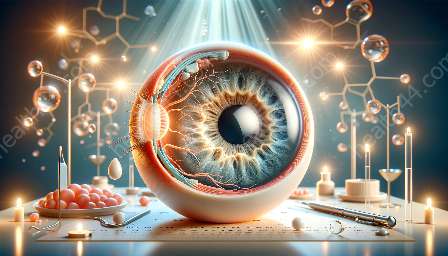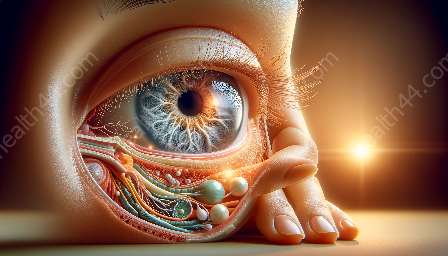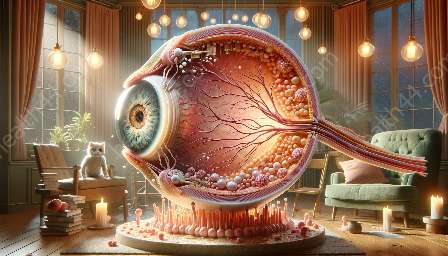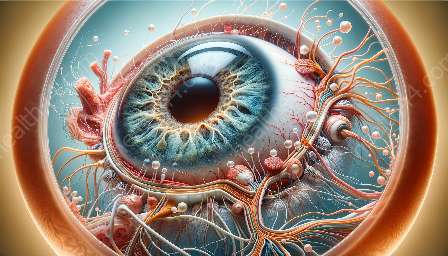Our retinas play a crucial role in our vision, as they are responsible for converting light into signals that are sent to the brain. Environmental and lifestyle factors can significantly impact retinal health, influencing the development of eye conditions such as age-related macular degeneration (AMD), diabetic retinopathy, and retinal detachment.
Understanding the Retina and Eye Anatomy
The retina is a thin layer of tissue located at the back of the eye. It contains millions of photoreceptor cells that capture light and convert it into electrical signals. These signals are then transmitted to the brain via the optic nerve, allowing us to perceive the visual world around us.
Several environmental and lifestyle factors can affect the structure and function of the retina, potentially leading to vision loss and other eye-related complications.
Environmental Factors
UV Exposure
Excessive exposure to ultraviolet (UV) radiation from the sun can damage the retina and increase the risk of developing conditions such as cataracts and age-related macular degeneration. It is important to wear sunglasses that offer UV protection and to limit sun exposure, especially during peak hours.
Pollution
Air pollution, including fine particulate matter and ozone, has been associated with an increased risk of developing retinal diseases. Long-term exposure to pollutants can lead to oxidative stress and inflammation in the eye, potentially affecting retinal health.
Lifestyle Factors
Diet and Nutrition
The foods we consume can impact our retinal health. A diet rich in antioxidants, omega-3 fatty acids, and vitamins C and E can help protect the retina from damage caused by free radicals. Dark leafy greens, oily fish, and colorful fruits and vegetables are good choices for maintaining retinal health.
Smoking
Smoking has been linked to an increased risk of developing retinal diseases such as AMD and diabetic retinopathy. The harmful chemicals in tobacco smoke can constrict blood vessels, reduce oxygen supply to the eyes, and promote inflammation, all of which can have detrimental effects on the retina.
Physical Activity
Regular physical activity and exercise can promote overall health, including eye health. Exercise helps maintain healthy blood pressure, blood sugar levels, and weight, which are all important factors in reducing the risk of retinal diseases.
Caring for Your Retina
It is important to take proactive steps to care for your retina and maintain good eye health. Regular eye exams can detect early signs of retinal diseases, allowing for timely intervention and management. Additionally, wearing protective eyewear, such as sunglasses and safety glasses, can help shield the eyes from harmful UV radiation and injury.
By being mindful of environmental factors such as UV exposure and pollution, and adopting healthy lifestyle choices including a nutritious diet, avoiding smoking, and staying physically active, individuals can help safeguard their retinal health and preserve their vision for years to come.








